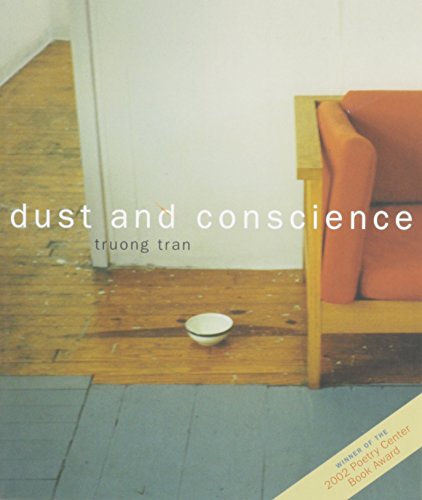Dziga Vertov was a Polish-born poet and filmmaker who lived and worked in the Soviet Union and made films according to his rigorous aesthetic called “Kino-Pravda” or “Cinema Truth.” His documentary films eschewed anything associated with literature or theater – thus no intertitles, scripts, actors or costumes – relying instead on the purity and truth of images disassociated from the theatrical conventions of Hollywood and European films. Vertov’s most famous film, The Man With The Movie Camera, is the ultimate example of his radical documentary style, and while he made the film with the Stalin regime overseeing the project, there is something very subversive at work here. For all it’s imagery of the triumph of Soviet industrialization, the film questions the very nature of the images it portrays.
Ostensibly a day in the life of the Soviet Union from early morning to the five o’clock work whistle, the film is an astonishing torrent of images edited in a then experimental, almost avant-garde style of short, rapid edits. The film begins slowly with the silent city being watched over by surreal store mannequins, but as the city comes steadily to life, the rhythms of the editing increase, and the film soon teems with fast images of transportation – trains, street cars, planes come buzzing to life – and with intercut opposing images of people waking – first a well-to-do woman, then a homeless man on a park bench. It’s a simple, effective way of illustrating the dialectics of society, the ebb and flow of life from morning to evening, from birth to death (a real birth is cut with scenes of a funeral). Images here are of machinery and factories, whirring with artificial life dominate, with every gear and lever framed meticulously as if it were abstract art.
But with the introduction of the cameraman himself – a newsreel cameraman like Vertov himself whom we see filming from time to time – and of the film’s editor, who we see at several points in the film editing the reels of film, the film becomes more than a simple documentary. Few documentaries are so aware of the manufacturing of images: Indeed there is a scene of the editor intercut with shots of seamstresses, implying that film, like any other industrial product, is processed and controlled – something that doesn’t speak well for the truth of images. And when we see the cameraman behind his camera, we realize that we are seeing a false image; we are seeing a man playing a cameraman whom is himself being filmed. We are at the mercy of the invented reality of cinema, no matter how much objective truth is being offered by its images. Vertov never lets you forget that, before all else, this is cinema.
And if such notions seem off-putting and obscure, the film itself is so enjoyable on a purely visual level – it is the most impressively edited film I can think of – that by the film’s conclusion, a pyrotechnic display of virtuoso editing that concludes with the God-like eye of the cameraman being eclipsed by the camera’s aperture, one is left breathless by the sheer exuberance of Vertov’s masterful flow of images. There are moments that may have seemed experimental in Vertov’s day – the use of split screen, film printed backwards, film sped up, some stop-motion animation – but it’s all done so expertly and so entertainingly that one is almost never aware of the film’s experimental nature. Vertov’s style seems incredibly modern now, not only as the precursor to the essay-style films of Jean-Luc Godard (who once started a film-making group called the Dziga Vertov group) but to MTV. This is thrilling, essential cinema in its purest state, and a reminder that for film makers like Vertov, the rhythms of life are inseparable to those of the cinema.
(Note that the videocassette from Kino On Video is an outstanding print of the film that brilliantly preserves Vertov’s images, and that there has been a musical score added using Vertov’s original notes for the film, composed and added in 1995 by the Alloy Orchestra for the film’s re-release that has some nice moments.

